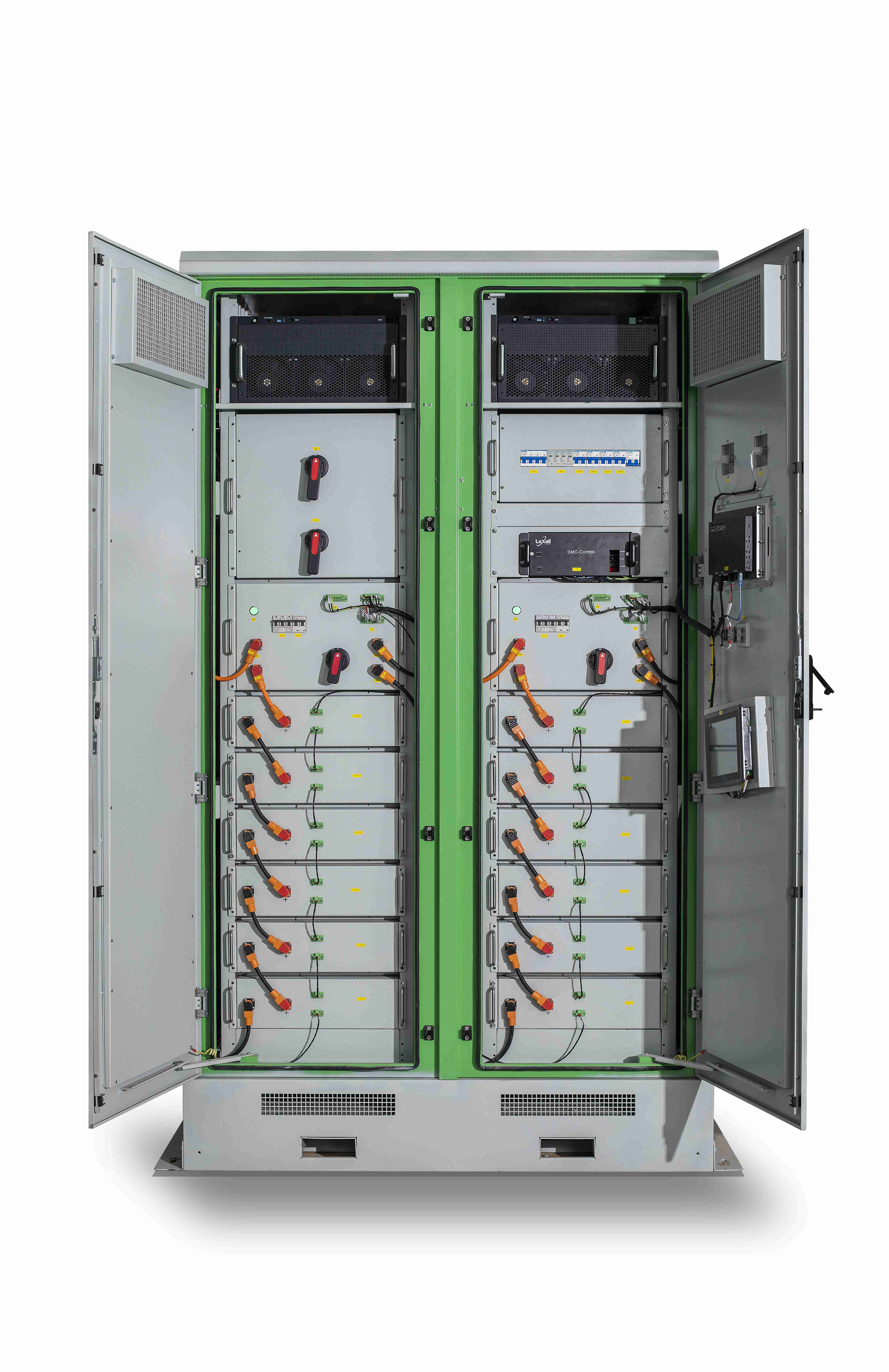
Dec . 07, 2024 00:12 Back to list
Energy Storage CE Certification Requirements and Guidelines in the USA
Understanding CE Certification for Energy Storage Systems in the USA
As the demand for sustainable energy solutions continues to rise, energy storage systems (ESS) are becoming crucial components of renewable energy integration. In the United States, the push for cleaner energy sources has led to the rapid development of technologies for storing energy, particularly from renewable sources like solar and wind. However, the successful deployment and use of these systems often hinge on their certification and compliance with safety and performance standards. One of the critical certifications relevant to the market is the CE certification, which, despite originating in Europe, is becoming increasingly important in the U.S. energy storage sector.
What is CE Certification?
CE marking is a certification mark that indicates a product's conformity with health, safety, and environmental protection standards within the European Economic Area (EEA). The CE mark signifies that a product has met the required standards established by European Union directives, making it safe to use. For energy storage systems, achieving CE certification involves rigorous testing and assessment to ensure that they are safe for consumers and the environment.
Though CE certification is not a requirement for products sold in the U.S., many manufacturers are pursuing it as part of their quality assurance processes and product positioning in international markets. The U.S. market is increasingly global, and many consumers and businesses prefer products with recognized certifications that signify quality and reliability.
Importance of CE Certification in Energy Storage
1. Quality Assurance CE certification serves as a signal of quality assurance. For energy storage systems, this can include batteries, inverters, and all associated components. When a product bears the CE mark, it instills confidence in consumers regarding its durability and performance.
2. Market Access For U.S. manufacturers looking to enter the European market, CE certification is essential. Products without this certification cannot be legally sold within the EEA. This opens up vast opportunities for U.S. companies focusing on renewable energy solutions.
3. Compliance with Safety Standards Energy storage systems, particularly lithium-ion batteries, carry risks if not properly designed and tested. CE certification ensures that products adhere to strict safety standards, reducing the risks of hazards such as fire or explosion.
4. Environmental Considerations CE-marked products are evaluated for their environmental impact. This is particularly vital in energy storage, where efficiency and the longevity of systems can significantly lower overall carbon footprints.
ce certification energy storage usa

The Certification Process
The process of obtaining CE certification for energy storage systems includes several critical steps
1. Design Assessment Manufacturers must document their design processes and how they conform to applicable EU directives.
2. Testing Products undergo rigorous testing in accredited laboratories to evaluate performance, safety, and environmental impact.
3. Technical Documentation A comprehensive technical file must be compiled to demonstrate compliance with relevant standards. This file details risk assessments, design specifications, and testing results.
4. Declaration of Conformity After successful evaluation, the manufacturer issues a Declaration of Conformity, officially stating that the product meets all necessary requirements.
5. Ongoing Compliance It's essential to maintain compliance and undergo regular inspections to ensure that all products consistently meet the stipulated standards.
Conclusion
As energy storage systems play an increasingly vital role in the transition to renewable energy, the relevance of certifications like CE cannot be overstated. For manufacturers in the U.S., pursuing CE certification can enhance product credibility, facilitate market access, and ensure safety and environmental compliance. As consumers become more knowledgeable about energy systems, the demand for certified products will only grow, making CE certification a sound investment for those in the energy storage industry. Embracing these rigorous standards can help foster innovation, leading to safer and more efficient energy solutions for the future.
-
AI-Powered EMS with GPT-4-Turbo | Efficiency Boost
NewsAug.01,2025
-
Optimized Storage System for GPT-4-Turbo | High Performance
NewsJul.31,2025
-
AI Energy Management System w/ GPT-4 Turbo Efficiency
NewsJul.31,2025
-
High-Performance Energy Storage System for Reliable Power Solutions
NewsJul.30,2025
-
Advanced EMS Solutions for Energy Management System & Storage Battery Companies
NewsJul.29,2025
-
Intelligent Energy Management for Homes - Efficient Storage Solutions
NewsJul.29,2025























